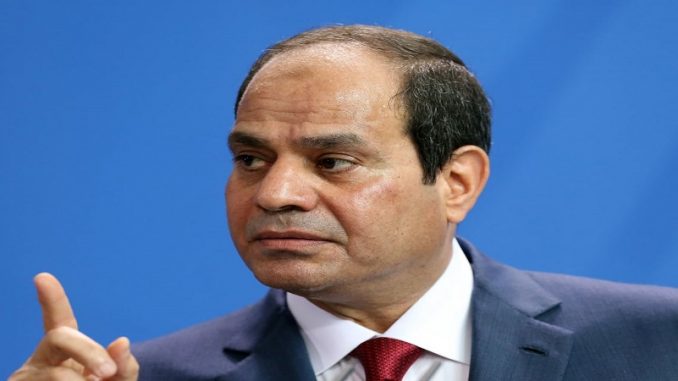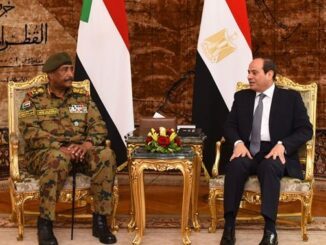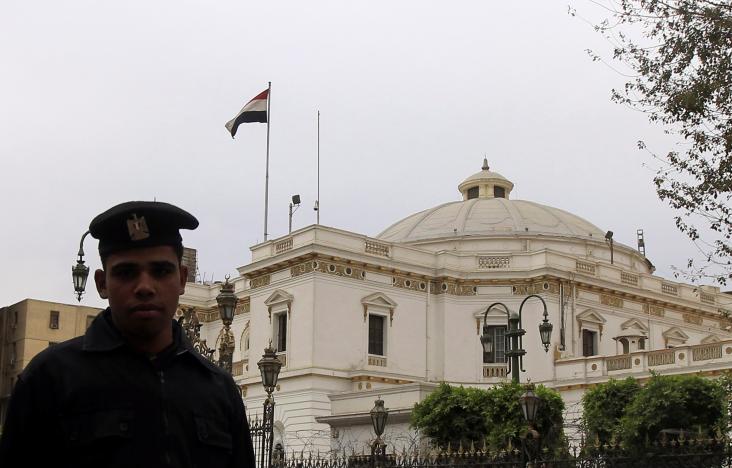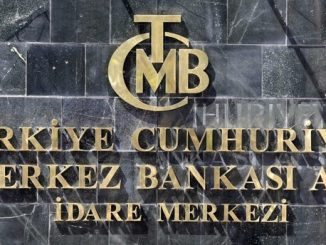
Of late, Egypt’s authoritarian government has arrested Sami Anan, Sisi’s only credible presidential candidate, which has sent shock waves throughout the Arab world & western media.
Whilst the West has become accustomed to seeing elections around the world that end up with those in power receiving over 90% of the vote, this move appears to be ill thought out. Conversely, this is anything but a poor move.
The Response of the West
There is no questioning that Cairo will receive international scrutiny for monopolising the political system. Nonetheless, the bigger picture, that encompasses regional instability, multiple failed U.S. projects in the Middle East and Egyptian energy endeavours that may diversify the EU’s energy options, has gifted Sisi with an opportunity to take aggressive measures. The West can’t afford to stop or isolate Sisi’s sham electoral process for fear of the consequences should Egypt align itself with other global powers.
Amidst the chaos in the Middle East, partly caused by western policymakers, the U.S. and its allies are desperate to produce and back a western friendly leader that can bring political stability. Between George Bush, Barack Obama and now Donald Trump, no American government has been able to stabilise Afghanistan. According to U.N. statistics, “by the end of August 2017, the United Nations had recorded more than 16,290 security-related incidents for the first eight months of the year”. In addition, Jordan’s King Abdullah II fear of an Iranian influenced “Shia crescent” throughout the Middle East is beginning to manifest to the detriment of U.S. influence in the region. At present, Iraq’s central government is currently aligned with Iran, whose militias and backing were instrumental in driving out DAESH.
In Syria, hopes of ousting Assad have crumbled as Lebanon’s Hezbollah, Iran and Russia’s military intervention re-established Assad’s grip on the country. Moreover, for some time, Tunisia’s thinly veiled democratic revolution has collapsed, resulting in social and political strife in the world’s so-called example of democratic transformation. Of course Libya, a nation ravaged by previous oil wars between militias, a lack of political stability and economic issues, is another failed western project. Lastly, Turkey’s recently emboldened military policy in Syria has resulted in a downward spiral of relations between Washington and Ankara, who is still a geographically vital NATO member for America and its allies.
Paradoxically, regional chaos and an increasingly competitive multi-polar world have made Sisi a key asset that cannot be abandoned for the sake of a fraudulent electoral process. If the U.S. and its allies are serious about maintaining spheres of influence, they need partners to influence. Abandoning Sisi to the mercy of his staunchest critics will send the wrong political signal to Cairo, which would strain relations. Usually, smaller powers are in orbit of U.S. policy, however in this scenario, western nations need Sisi. Moscow has shown its hand in North Africa by publishing “a draft agreement between Russia and Egypt on Thursday allowing both countries to use each other’s airspace and air bases for their military planes”, thus highlighting Russia’s renewed desires to expand inroads into Africa.
Egypt’s Potential
Cairo now has options to play both powers off each other in order to retrieve concession to support its domestic and political needs, such as turning a blind eye to the monopolisation of Egypt’s electoral process. Pushing Sisi into political turmoil or into the hands of America’s adversaries would be disastrous for the West. In short, Sisi’s political setbacks are western political setbacks. Both are inexorably tied together. Cairo knows this and has thus chosen to capitalise on the lack of options that Washington and their allies have. International observers of the election will have a remit to voice their concerns, but ultimately, any major political or economic manoeuvres against SISI are currently almost out of the question. Whilst a slim chance of EU’s curtailment of support exists, President Trump’s realist policy orientation will make sure Egypt is not abandoned.
Aside from hard power International Relations, Egypt has the potential to become an energy powerhouse, to which
political destabilisation from western sanctions, as a result of the upcoming elections, may place other nations in a more favourable position. Cairo’s Zhor “supergiant Egyptian gas field” has greatly boosted its economic outlook. According to Eni CEO Claudio Descalzi, the discovery and produces of Zhor “will transform energy in Egypt, allowing the country to become self-sufficient and change from being an importer of natural gas into a future exporter.”
This may prove to be a future source of cheap gas for European partners that are seeking to reduce dependency on Russia. A recent EU parliament report has stated that a joint Egyptian, Israeli & Cypriot gas development endeavours would:
“Present an opportunity for Europe, where gas import requirements will grow post 2020 due to declining domestic production and the expiration of long term contracts with Norway and Russia.”
An aggressive political or economic approach by Washington and its allies may prove to be detrimental to the favourable position Egypt has found itself in and future interest concerning Russian dependency. Considering the geopolitical and economic implications that are riding on Egypt, western politicians have to tread carefully around Sisi’s domestic affairs.
Ultimately, the two economic and geopolitical factors presented have placed Sisi in a favourable position. Fortunately for Sisi, Brexit talks, Turkey’s aggressive military action against the Kurds in Syria and Trump’s latest tweet will gradually steer media attention away from Cairo. If Sisi is able to keep this a bloodless and relatively civil electoral process, the West will continue its resounding support for Egypt. Furthermore, the emerging multipolar has made chopping and changing unfavourable leaders a thing of the past for western policymakers. Middle powers can now look elsewhere for political, military and economic support. As a result, defending the democratic process is an incredibly difficult thing to do in the 21st century. Aggressive heads of states such as Sisi thus have a free run to abuse democracy in pretty much any way that will guarantee survival, and the spread of fear to remaining political opponents that still choose to speak out. Checkmate democracy.
*By David Emeka Ogbogu, first published by The Market Mogul on March 14, 2018.



